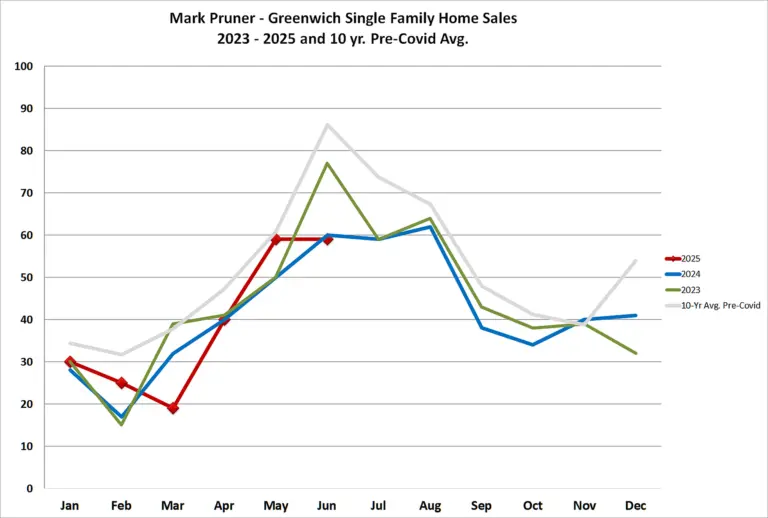By The Rev’d. Marek Zabriskie
As we celebrate Earth Day, it is good to recall that peak religious moments are not confined to churches. Many such experiences occur in nature. This detracts nothing from the vital role that churches play, but it reminds us that in the beauty of creation we encounter God’s cathedral in its widest sense.
The philosopher, scientist, and advocate for the scientific method, Sir Francis Bacon, noted, “God has, in fact, written two books, not just one. Of course, we are all familiar with the first book he wrote, namely Scripture. But he has written a second book called creation.”
Scripture offers hundreds of citations about nature and creation. Psalm 24 begins, “The Earth is the Lord’s and the fullness thereof.” This understanding of the earth is echoed in Psalms 50:12, 89:11, 98:7 and Deuteronomy 33:16 and Exodus 16:33.
Climate change and global warming, however, are now affecting all of creation. They are the most pressing issues of our day. Concerns about racism, gender, economic inequality, access to education, and penal reform are vital, but they will not matter if the planet becomes unsustainable for human life.
Today, hardly a day passes where we do not read or hear about environmental concerns. A recent United Nations report claims that the global average temperature will rise 2.7 degrees Celsius by century’s end and notes that even if all countries meet their promised emissions cuts, a rise that is likely to worsen extreme wildfires, droughts and floods.
Despite the COVID-19 slowing the economy, shutting down businesses and drastically reducing air travel and other transportation, 2020 was the hottest year ever reported on the planet. The temperature in Death Valley reached 130 degrees. The most recorded wildfires in history burned over five million acres – a land mass equal to Connecticut, Delaware and Rhode Island.
David Pogue, who frequently hosts PBS Nova science specials, discusses climate change and the greenhouse effect by showing a photograph of two dogs in a car. “If we want to reach people, we should call it the dog-in-the-car-effect. You come back to your car in the summer and it’s boiling inside. Same exact thing – trapped infrared energy reflected from the sun. In the climate analog, we are the dog,” says Pogue.
He shows a graph that starkly depicts the dramatic rise in levels of CO2. “And if we zoom in on the last 150 years, we’ll see that it really began about the time we began burning coal and oil with the Industrial Revolution,” he notes.
Pogue sometimes exchanges the words “global warming” with “global weirding.” “It’s heat waves, freak snowstorms, flooding, water shortages, historic rains, droughts. We had the most hurricanes last season,” he notes. “Nature is a network of interconnected systems. You can’t turn one knob without affecting a bunch of other things.”
Indeed, “all of the world feels at risk, and most of it is,” notes The Economist, adding that “even if everyone manages to honor today’s firm pledges – large parts of the tropics risk becoming too hot for outdoor work. Coral reefs and livelihoods that depend on them will vanish and the Amazon rainforest will become a ghost of itself. Severe harvest failures will be commonplace.
Ice sheets in Antarctica and Greenland will shrink past the point of no return, promising sea rises measures not in millimeters, as today’s are, but in meters.” The Economist notes that progress towards reaching the goals of the Paris Agreement remain woefully inadequate.
Water has become more precious than oil in many parts of the world, leading to massive displacements of people. Young people wonder what the future holds for them. Leaders in corporations, government, and investment funds must take action to avoid reaching a point of no return.
In 1966, historian Lynn White, Jr. delivered an address to the American Association for the Advancement of Science in which he bluntly stated that Christianity “bears a huge burden of guilt for the devastation of nature in which the West has been engaged for centuries.” His address generated a huge amount of debate.
White’s premise was that the Judeo-Christian tradition “made it possible to exploit all nature in a mood of indifference to the feelings of natural objects.” He cited the biblical command “to fill the earth and subdue it” (Gen. 1:28) as the ultimate proof that the Judeo-Christian tradition puts humans above the rest of creation and regards all other forms of life as subordinate. This gave a green light for humans to dominate the earth.
White was a devout Christian. He did not intend his essay to be a general attack on the Judeo-Christian tradition, but rather as a criticism to a particular strain of theology that he saw as supporting environmental degradation. Whereas animistic paganism viewed humans as part of nature, Christianity, said White, viewed humans as dominant over nature. This dualism desacralized nature and paved the way for its destruction.
Since White’s controversial article in 1966, theologians have been taking environmental issues , every seriously, developing eco-theology, environmental ethics, and creation care theology.
Christians and Jews are now playing a critical role in helping to reshape our relationship to the earth, demanding that we rethink our lifestyles, use of resources, and attachment to creation.
Christ Church Greenwich begins a six-week focus on Creation Care this Sunday in our Sunday Forum from 11:15 a.m. until 12:15 p.m. in the Parish Hall. Featured speakers include:
April 24 – Stewart Lindsay, the VP of Sustainability at Campbells Soup and Rev. Marek Zabriskie
May 1 – The Rev. Jim Antal “How People of Faith Can Help with a Climate Revival”
May 8 – Karena Gore, Founder and Executive Director of the Center for Earth Ethics “Lighting the Way: Nine Women Who Changed Modern America.”
May 15 – The Rev. Fletcher Harper, Executive Director of Green Faith “Enviropreneur Showcase: Innovative Ways Religion, Ecology, and Economics can be Combined to Forge Creative Environmental Solutions.”
May 22 – The Rev. Dr. Margaret Bullet-Jonas “Spiritual Resilience and Leadership in a Climate Emergency”
May 29 – Professor Bill McKibben, Founder of 350.org and author of the first book on Climate Change “What Might We Owe?”
Christ Church has created a Creation Care Committee to examine what we can do at home, in our church, in Greenwich and beyond to care for creation. We are also hosting a five-week Bible study open to all using “The Creation Care Bible Challenge” book available at the Dogwood Books and Gifts located at Christ Church or through Amazon. Registration available on the Christ Church website.





